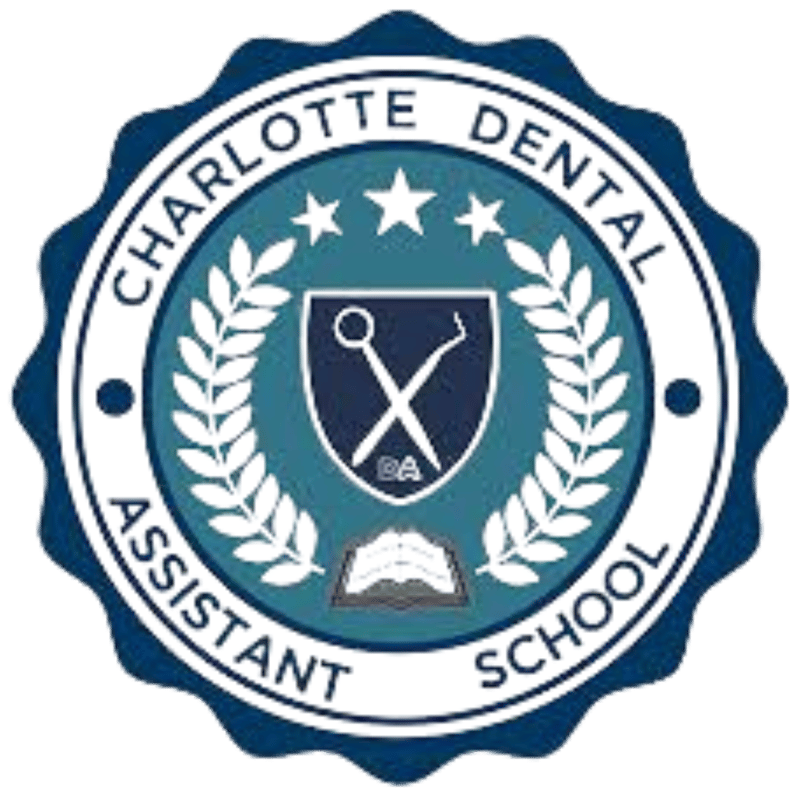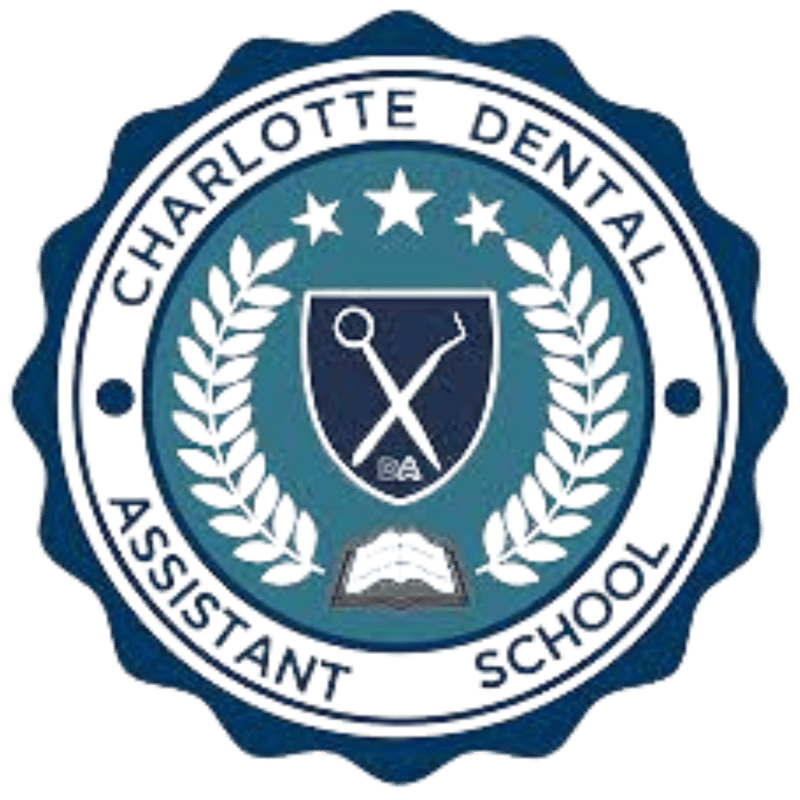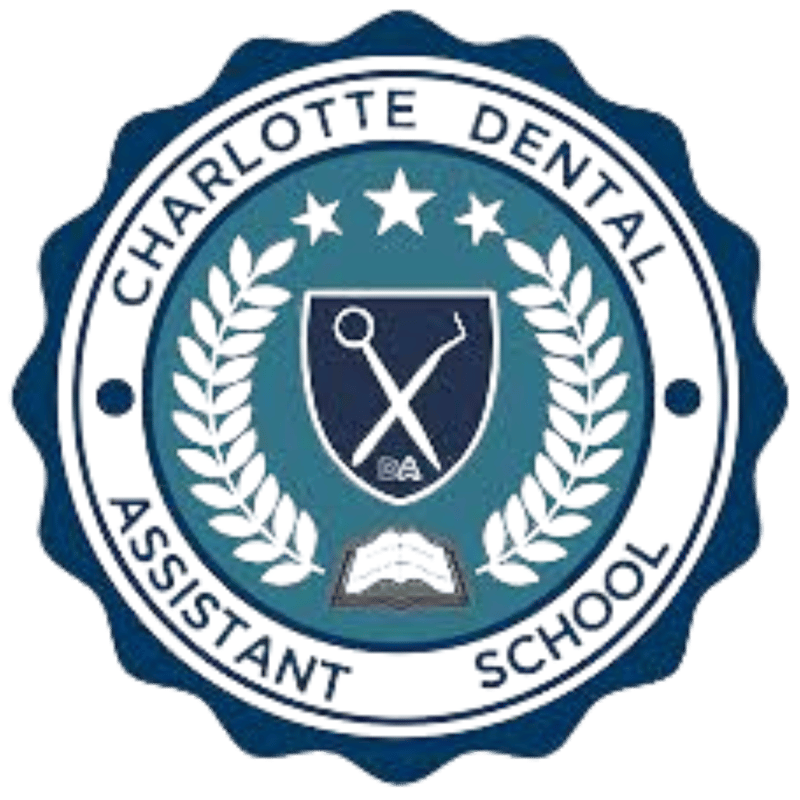
$450 to start
$3,650 total

$450 to start
$3,650 total

$450 to start
$3,650 total

$242 to start
$4,000 total
No cost info
No cost info
No cost info
No cost info
Rivier University is renowned for its strong academic tradition and excellence in healthcare education, offering a comprehensive Graduate Nursing program that ensures students receive a cutting-edge education in the healthcare sector. What sets Rivier University apart is its commitment to the holistic development of each student. The Graduate Nursing program combines modern teaching methods with traditional approaches, providing students with a solid theoretical foundation and practical clinical experience in various nursing domains. With small class sizes and experienced faculty, Rivier University prioritizes individualized attention and academic success. The university's state-of-the-art facilities, including a simulation lab, allow students to practice skills and gain confidence. The program is also available online for working professionals. The curriculum focuses on contemporary healthcare concerns, preparing graduates to be critical thinkers and leaders in the field. Rivier University shapes future healthcare leaders who are empowered to make a difference in their communities. In conclusion, the Graduate Nursing program at Rivier University offers a comprehensive and innovative approach to healthcare education, preparing students for fulfilling nursing careers that prioritize ethical and patient-focused care.
No cost info
No cost info
No cost info
No cost info
Rivier University is renowned for its vocational education and is particularly known for its exceptional Graduate Nursing program. Located near state-of-the-art medical facilities, the university offers students unparalleled hands-on experiences and training opportunities. The program is designed to equip students with the necessary skills and knowledge for a successful career in healthcare, with a curriculum built on evidence-based practice. The program also boasts experienced faculty members who provide a supportive learning environment and serve as valuable resources for students. Additionally, the program has partnerships with top healthcare institutions, providing students with clinical opportunities. The university's advanced simulation labs further enhance the practical learning experience. Graduates from the program not only gain a deep understanding of nursing but also enter the professional realm with extensive hands-on experience, giving them a competitive advantage. The program focuses on critical thinking, ethical decision-making, leadership skills, and values-based patient care, ensuring that graduates contribute to the workforce as quality healthcare professionals. Overall, Rivier University's Graduate Nursing program aims to prepare students for successful careers in healthcare and shape the future of the field.
No cost info
Shape the future of nursing and elevate your nursing career with our online Master of Science in Nursing. We offer two tracks: Leadership and Clinical Research, preparing you for advanced roles in a wide array of healthcare settings.
Applicants must be registered nurses who have earned a Bachelor of Science in Nursing (BSN). We encourage interested nurses without a BSN to apply to our RN-to-BSN program.
No cost info
Are you interested in pursuing a career in healthcare? Specifically, do you have a passion for nursing and want to take your education to the next level? If you're located in Charlotte, North Carolina, you're in luck! There are several graduate nursing classes available in your area that can help you achieve your career goals. In this blog post, we'll explore what it takes to become a graduate nurse, the training requirements, what to look for in a class, what to expect from the day-to-day experience, the certification process, how to find related jobs, and other classes you can take after becoming a graduate nurse.

Becoming a graduate nurse is an exciting and rewarding career path. As a graduate nurse, you will have the opportunity to work in a variety of healthcare settings, including hospitals, clinics, and long-term care facilities. You will play a crucial role in patient care, working alongside doctors and other healthcare professionals to provide the best possible outcomes for your patients. If you're passionate about helping others and have a strong desire to make a difference in people's lives, a career in nursing may be the perfect fit for you.
A graduate nurse is an individual who has completed a nursing program and is ready to enter the workforce. They have obtained a Bachelor of Science in Nursing (BSN) or an Associate Degree in Nursing (ADN) and have passed the National Council Licensure Examination for Registered Nurses (NCLEX-RN). Graduate nurses are not yet experienced nurses but have the necessary education and skills to provide basic patient care.
To become a graduate nurse, you must first complete a nursing program. There are several options available, including:
Bachelor of Science in Nursing (BSN): This is a four-year program offered by colleges and universities. It provides a comprehensive education in nursing, including both classroom instruction and hands-on clinical experience.
Associate Degree in Nursing (ADN): This is a two-year program offered by community colleges and technical schools. It focuses on the basic knowledge and skills needed to become a registered nurse.
Diploma in Nursing: This is a hospital-based program that typically takes three years to complete. It provides a combination of classroom instruction and clinical experience.
After completing your nursing program and obtaining your degree or diploma, you will need to pass the NCLEX-RN to become a licensed registered nurse. This exam is administered by the National Council of State Boards of Nursing and is a requirement for practicing nursing in the United States.
When searching for graduate nursing classes near you in Charlotte, there are a few key factors to consider. Here are some things to look for in a class:
Accreditation: Make sure the nursing program you choose is accredited by the appropriate accrediting body. This ensures that the program meets certain quality standards and that your degree or diploma will be recognized by potential employers.
Clinical Experience: Hands-on clinical experience is a crucial part of nursing education. Look for a program that offers ample opportunities for clinical practice in a variety of healthcare settings.
Faculty: The quality of the faculty can have a significant impact on your education. Look for experienced and knowledgeable instructors who are passionate about teaching and nursing.
Resources and Support: Nursing programs can be challenging, so it's important to have access to resources and support services. Look for a program that offers tutoring, academic advising, and other support services to help you succeed.
Graduate nursing classes are designed to provide you with the knowledge and skills needed to succeed as a registered nurse. Here's what you can expect from the day-to-day experience:
Classroom Instruction: You will attend lectures and participate in discussions to learn the theoretical foundation of nursing practice. Topics covered may include anatomy and physiology, pharmacology, medical-surgical nursing, pediatric nursing, and more.
Hands-on Skills Practice: Nursing is a hands-on profession, so you will have plenty of opportunities to practice your skills. This may include learning how to take vital signs, administer medications, perform wound care, and more.
Clinical Rotations: In addition to classroom instruction, you will also spend time in clinical rotations. This is where you will apply your knowledge and skills in real healthcare settings, working under the supervision of experienced nurses.
Group Projects and Case Studies: Nursing is a team-based profession, so you can expect to work on group projects and case studies with your classmates. This will help you develop your communication and collaboration skills, which are essential for nursing practice.
After completing your graduate nursing classes and passing the NCLEX-RN, you will be eligible to become a certified registered nurse. Certification is not required to practice nursing, but it can enhance your professional credentials and job prospects. The certification process typically involves the following steps:
Choose a Specialty: Nursing offers a wide range of specialties, including medical-surgical nursing, pediatric nursing, obstetric nursing, psychiatric nursing, and more. Consider your interests and career goals when choosing a specialty.
Gain Clinical Experience: Most certification programs require a certain amount of clinical experience in your chosen specialty. This is typically obtained through work experience or additional clinical rotations.
Pass the Certification Exam: Each specialty has its own certification exam. These exams are typically computer-based and test your knowledge and skills in your chosen specialty.
Maintain Certification: Once you become certified, you will need to meet certain requirements to maintain your certification. This may include continuing education, professional development activities, and periodic renewal exams.
Once you have completed your graduate nursing classes and obtained your nursing license, you will be ready to start your career as a registered nurse. Here are some tips for finding related jobs:
Network: Reach out to your classmates, instructors, and other healthcare professionals you have connected with during your clinical rotations. They may be able to provide job leads or recommend you for positions.
Use Online Job Boards: Websites like Indeed, Monster, and LinkedIn can be great resources for finding nursing job opportunities. Use keywords like "registered nurse" or "graduate nurse" along with your location to narrow down your search.
Attend Job Fairs: Many hospitals and healthcare facilities host job fairs specifically for nursing positions. Attend these events to meet potential employers and learn more about available job opportunities.
Contact Staffing Agencies: Staffing agencies can help connect you with temporary or contract nursing positions. This can be a great way to gain experience and explore different healthcare settings.
Once you have become a graduate nurse, there are several other classes you can take to further advance your nursing career. Here are some examples:
Master of Science in Nursing (MSN): This advanced degree can open up opportunities for roles such as nurse practitioner, nurse educator, nurse administrator, and more. MSN programs typically require a Bachelor of Science in Nursing (BSN) as a prerequisite.
Doctor of Nursing Practice (DNP): The DNP is the highest level of education for nurses. It prepares nurses for advanced practice roles and focuses on leadership, evidence-based practice, and quality improvement.
Specialty Certifications: As mentioned earlier, obtaining specialty certifications can enhance your professional credentials and job prospects. Consider pursuing certifications in your chosen specialty or areas of interest.
Continuing Education Courses: Nursing is a constantly evolving field, so it's important to stay up to date with the latest research and best practices. Continuing education courses can help you expand your knowledge and skills in specific areas of nursing.
If you're interested in pursuing a career in nursing, graduate nursing classes near you in Charlotte can help you achieve your goals. By completing a nursing program, gaining hands-on clinical experience, and passing the NCLEX-RN, you will be well-prepared to enter the workforce as a registered nurse. From there, you can explore different specialties, pursue advanced degrees, and continue to grow and develop in your nursing career. Remember to utilize resources like Dreambound to find the perfect class and explore other vocational training programs in North Carolina. Good luck on your journey to becoming a graduate nurse!
For more information on other vocational classes and career options, check out the following links:
Navigate the certification journey in this field with Dreambound's detailed guides, each crafted for various cities. For a deeper understanding of the process in other states, our additional guides may be able to help.
Exploring a variety of professional opportunities? Dreambound has many extensive guides to help you make informed decisions. Check out these guides:
Dreambound's platform allows prospective students to find the right educational program for them through searching, filtering, and connecting with our extensive selection of career & technical education partners.
Dreambound has over 70 programs across healthcare, technology, business, and industrial trades. This includes programs such as Medical Billing, Cybersecurity, and welding.
Some of our schools offer financial aid for those who qualify. Many others offer payment plans, where you can pay the cost of class over time.
Yes, Dreambound offers many online programs. On Dreambound's search, you can filter by online, in-person, and hybrid (part online, part in-person).
Dreambound is completely free for you to use! We are supported by schools and organizations who pay to advertise on our website, so we can offer all of our career resources for free.